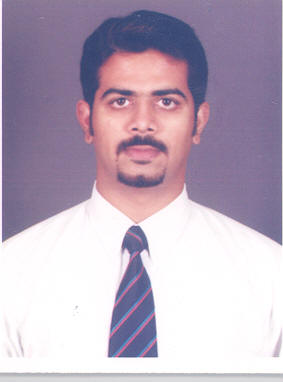Evolving COP in an organization
We have all attended seminars, conferences and workshops on various topics, issues, that we are interested in, where we want to share our viewpoints and share our experiences in dealing with a issue. In most of these sessions that we attend, we in most cases expect the main benefit from the key speakers and presenters. After every such event when we try to reflect back on what was the key learning and point of views which you find most beneficial or which helps you achieve the objective of your attending the same, you make a startling realization. This being that many times the key benefits that one derives is not from the event presenters or facilitators but from your fellow attendees.
This realization was the reason behind we at knowledge management team felt we need to find a way by which we can better utilize these interactions for the benefit of the respective group/practice and the organization on the whole. We thought that if we could ask a few questions to the attendees of a seminar before they actually attended it, on what were the reasons that made them attend this seminar, we could actually provide them better value. The reason of course helps us better our presentations and prepare the presenters accordingly so they are prepared to address these issues better. The questions remained that how we could actually go ahead and do this, what were the questions to ask, what we could do once we get answers to these questions. It was during this time that we got an opportunity to try out what we had briefly thought of. The Supply Chain Management Academy was due to be held in April first week and we thought if we could come out with a plan and a clear set of benefits for the attendees and practice in general, we will get the Leadership buy in to go ahead with this exercise. After a little of brainstorming, we decided that we need to ask a few focused questions. Answers to these questions from each participant should be something valuable for other participants to know. But at the same time the questionnaire should not be too long so as to discourage the participants form filling it up.
The questions that we finally decided on were:
- Name, Contact Details (E-Mail, Phone and Region), Role in the organization (Service Offer and Industry vertical)
- What engagements are you currently pursuing or involved in (Customer Name, Brief Description)
- Engagements completed (Client Name and Brief Description)
- Key Challenges that you faced in these engagements
- Area of Interest
- Any Major Accomplishments that you would like to share
- Any other personal details you may like to share
This was organized into a small questionnaire and sent out to all the participants and instructors who had registered 2 weeks in advance of the actual start of the one week event. The questionnaire was also sent out to the instructors to get their response for these questions. All the participants were told to respond back with their filled up questionnaire a week before the academy so that it gave us enough time for us to go through and do a detail analysis on the responses.
On startling discovery that we made in first 20 minutes of our analysis that biggest challenge that the consultants felt in their delivery of project was a topic which wasn’t actually covered in the academy. This challenge being – change management in a client organization. When we brought this out to the Leadership, everyone without any doubt felt that from the next academy onwards should have a dedicated change management workshop/session for all the participants. The other universal challenge that majority of responses contained was linked something all global organization faced that of overcoming Cultural Barriers. The final collation of all these responses which went out to all the participants 3 days before the start of the academy contained all the responses in one spread sheet. The benefits one derives from this spreadsheet are:
1) Identify people with similar project experiences as the one you are presently involved in
2) Identify other members who faced the same challenges that you have faced or facing presently.
3) Interact with people with similar interest areas
4) Share your success with a wider audience.
Infact this exercise doesn't end here. We have decided to pursue this further and track the interactions happening in these groups. We are presently looking at providing avenues for the respective groups to interact more easily. Will keep you updated on how this evolves.


